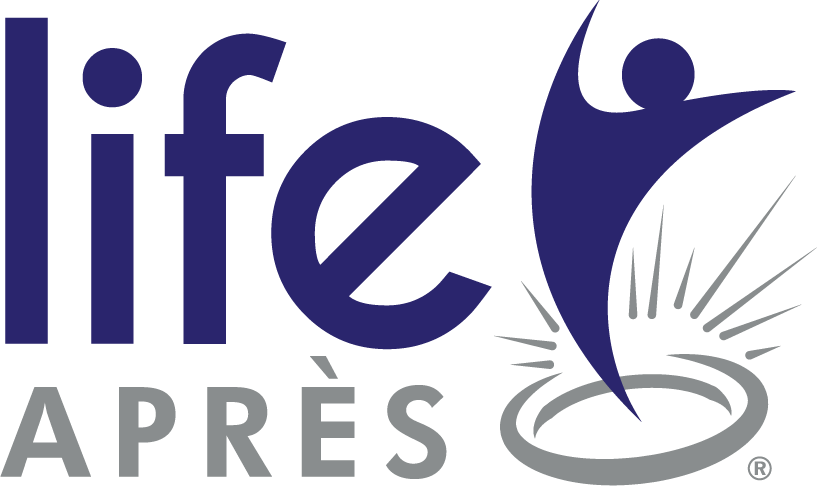A raft of books, both fiction and nonfiction, examined women’s anger from personal and political angles — and suggested that the fire is just getting started.
The first word in Western literature, according to the classicist Mary Beard, is “wrath,” which opens the “Iliad,” written in the eighth century B.C.
“Wrath” might also be the first word of the literature of the past decade. Novels and plays throughout history have starred women who insist on doing it their way — savage, intemperate women, beautifully indifferent to opinion: Tess of the D’Urbervilles, Hedda Gabler, Sula Peace.
But never in such numbers as now, and never have they prompted such protracted conversation about what we expect from female characters, and why.
These are the seething women of Elena Ferrante’s Naples; the heartbroken and enraged in books by Claire Messud and Han Kang; the charming, sinister heroines in the work of Ottessa Moshfegh, Alissa Nutting, Jade Sharma and Danzy Senna — not to mention the warriors in a new wave of dark feminist dystopias.
With their deep unconventionality, their ire, intensity and excess, they have spurred debates about the narrow roles allotted to women — fictional women at that — many of whom have faced criticism for being unlikable, even dangerous.
